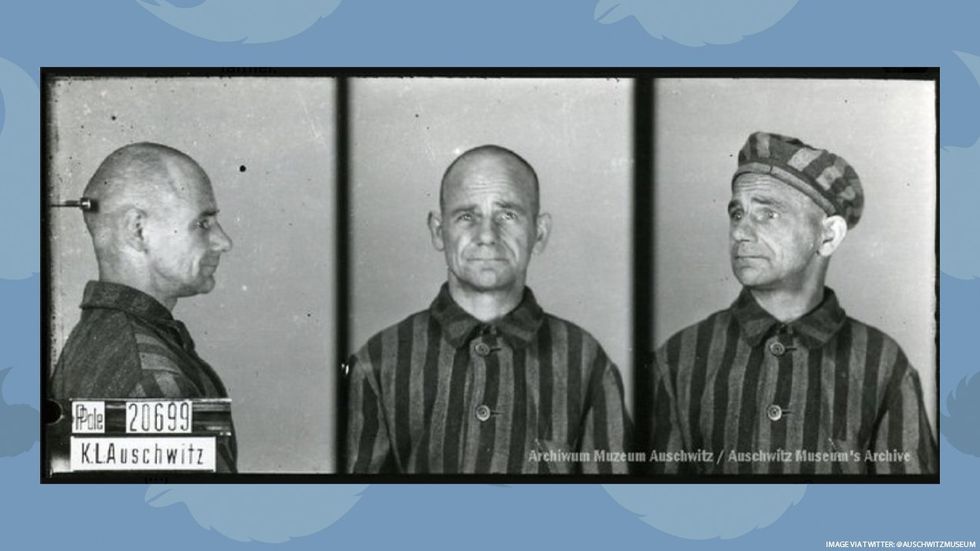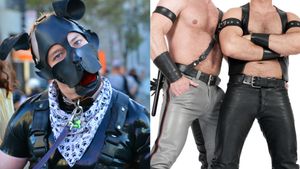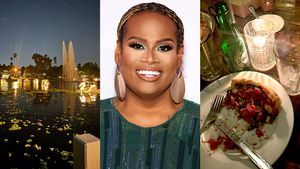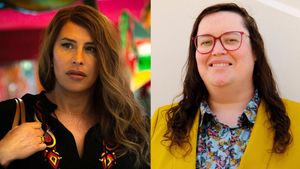The Auschwitz-Birkenau museum, located at the site of the former German Nazi concentration camp in Poland, recognized on Sunday a gay victim of the Holocaust.
“At least 77 men with pink triangles were imprisoned in Auschwitz & another 25 could have been initially arrested for their real or alleged homosexuality but had a different prisoner category. Some scholars speak of up to 140 prisoners persecuted for their sexual orientation,” the museum tweeted.
The tweet was posted on the birthday of a German man named Johann Mauler, who was born on April 24, 1897, and imprisoned at the concentration camp from November 12, 1941, until his murder on February 14, 1942. He was one of at least 77 people imprisoned at Auschwitz for the crime of homosexuality, the museum notes. Those imprisoned for homosexuality were forced to wear a pink triangle on their prison uniforms.
Every day, the museum posts images of several victims of the camp along with where they were from, their career, and when they were killed by the Nazi regime.
The account noted the museum's ‘Memory 4.0’ project, which is an online resource that explores the fate and persecutions of diverse groups of people deported to Auschwitz during World War II: political prisoners, Jews, Roma, Soviet POWs, Jehovah’s Witnesses, and queer people.
The portal includes resources such as educator guides that help accurately discuss the course of history during one of the darkest periods in the world.
More than one million people were killed at Auschwitz, most of them Jewish.
About 6 million Jews were murdered in the Holocaust, according to the United States Holocaust Memorial Museum. The institution reports that hundreds, maybe even thousands, of queer people were killed.
In conjunction with Germany’s Federal Foreign Office supporting the Young People Remember campaign, EVZ funds the Memory 4.0 project.
The German initiative EVZ, Errinerung, Verantwortung, Zukunft is an endowment charged with “Remembrance, Responsibility and Future” regarding the German people and the world’s commitment to never forgetting the atrocities committed during the Holocaust at the hands of the Nazis.
The organization’s mission is “In memory of the victims of National Socialist injustice. Let us take responsibility. Together for the past, present, and future. For equal dignity and rights of all people,” according to the endowment’s website.
At the German parliament's Holocaust commemoration in Berlin this year, the remembrance was dedicated for the first time to those killed by Nazis because of their gender identity or sexual orientation.
In addition, the body acknowledged decades of persecution faced by LGBTQ+ people in Germany following World War II.



















































































